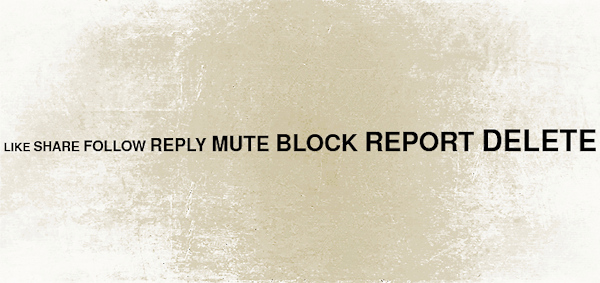Me encontré estos dos hilos en Twitter. Dado que aborrezco la naturaleza narcisista de esa plataforma, no respondí a ambas—aunque ganas no me faltaron. Pero como tenemos tinta digital para derramar, vamos a darle sentido a estas frases que en mi opinión están cargadas de un sesgo terrible:
When somebody complains that a movie:
— Doesn’t have enough “character development”.
— Is full of “plot holes”.
— Has a story “that goes nowhere”.
You should feel free to disregard their taste in media. They have Youtube poisoning.
— @BAKKOOONN
Si siguiéramos estas líneas al dedillo, no hubiéramos tenido a toda la corriente contracultural que le dio una bofetada al Cine Clásico para derribar sus deficiencias y con ello crear un idioma fílmico nuevo. No existiría al día de hoy la crítica de cine en los medios impresos de vanguardia, y sin ella no encontrarían inspiración las actuales generaciones de la era digital.
What people who offer unsolicited critique (aka personal opinions) on big social media platforms don’t seem to realize is that not every artist is making and posting art for the same reason, and if you don’t personally know their motivations, you CAN’T have an informed opinion.
— @heyjenbartel
Si siguiéramos estas líneas al dedillo, la crítica (de cualquier índole, si la extrapolamos a otros ámbitos), dejaría de existir. En lo que sí estoy de acuerdo es que hay que abogar por una crítica razonada, constructiva, con conocimiento de causa y sin una agenda detrás.
Ahora, si de manera constante nos estamos volviendo vulnerables a la retroalimentación de nuestros contenidos multimedia tenemos que reflexionar si solo queremos alimentar nuestro ego y darle la espalda a la autocrítica. Si muestras tu arte al público sin esperar algo a cambio, las redes sociales ofrecen múltiples opciones para filtrar toda reacción. Usar, mofarte o exhibir las reacciones de terceros no te hace mejor que ellos, sino que exhibe tu absoluta intolerancia, tus prejuicios, tu soberbia y/o falta de humildad, y te sitúa en el mismo círculo que tus detractores. Por tanto, lo que está alrededor nuestro ya no es el problema.
The sad fact is people don’t want reviews. They want compliments, they want pull quotes, they want to be told how good they are. Which I get—we all want these things. I want to be told how good my work is.
But actual, honest, piece of criticism is sometimes not these things (though it could be them—I’ve certainly written my share of glowing recommendations). And when we get into the deeper, social, level of critic people can sometimes talk about stuff like racism and sexism and unfortunate implication and you will probably won’t feel nice to see your name attached to that.
But that’s what criticism is. Can’t have highs without lows.
When my book came out a reviewer, a person whose writing I appreciated, called “not even useful as a doorstop” (it’s quite slim). I still like this person’s writing, because it wasn’t their job to be nice to me, or to help me sell copies. It was their job to tell their truth. Which they did—“this book is trash”.
And whenever creators ask “where have all the good reviews gone?” I ask in return “do you care about criticism beyond your own promotional level—do you retweet and boost pieces not about you? Do give to Patreons of the paying websites?”
— Tom Shapira.
